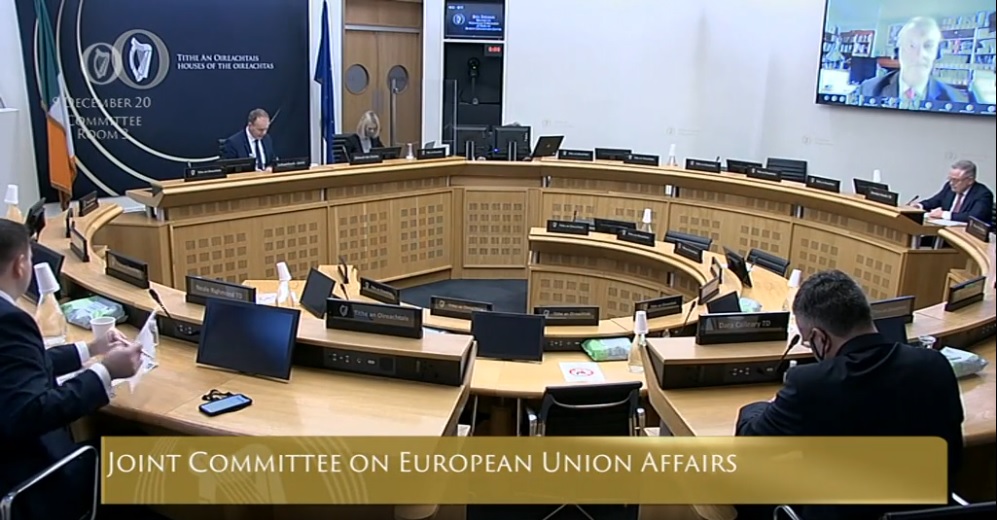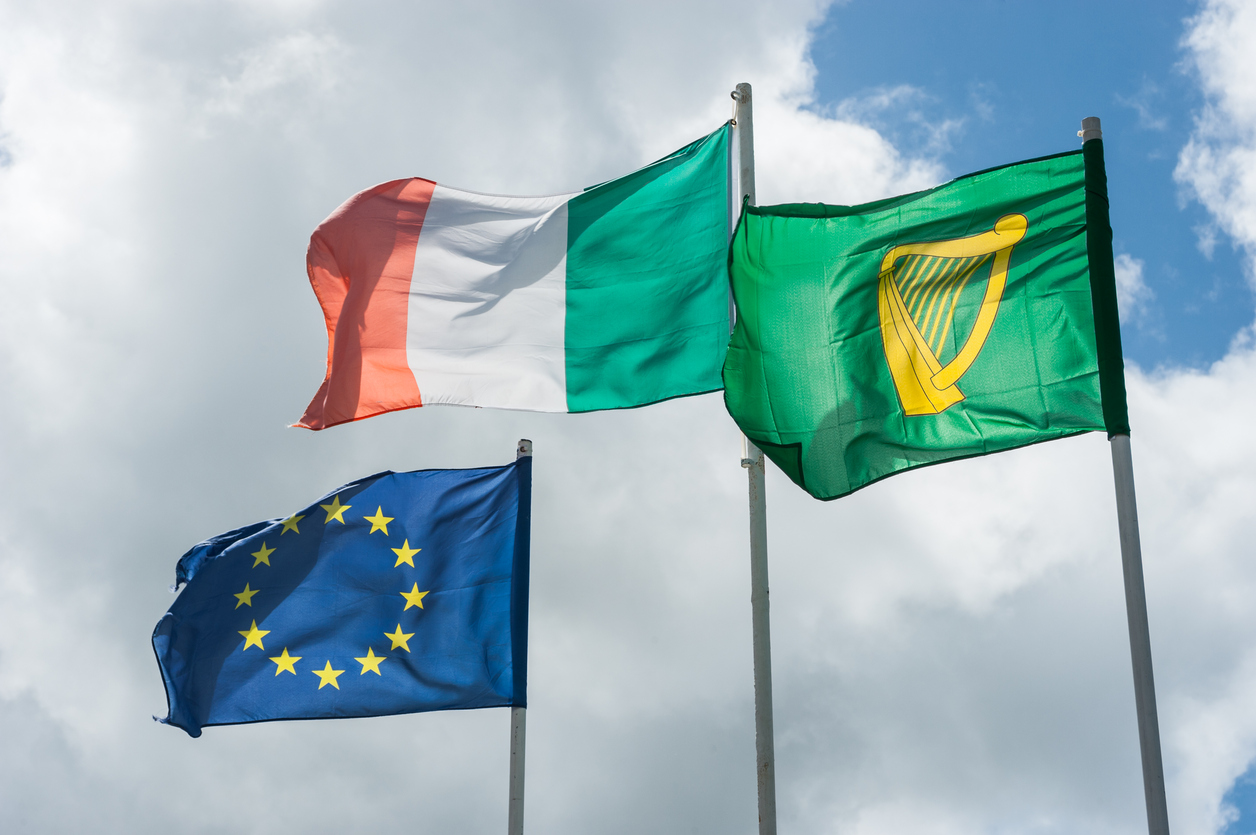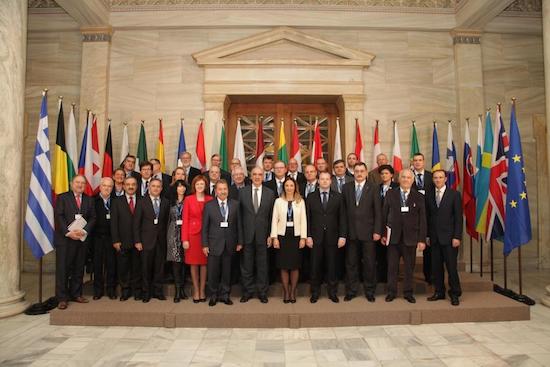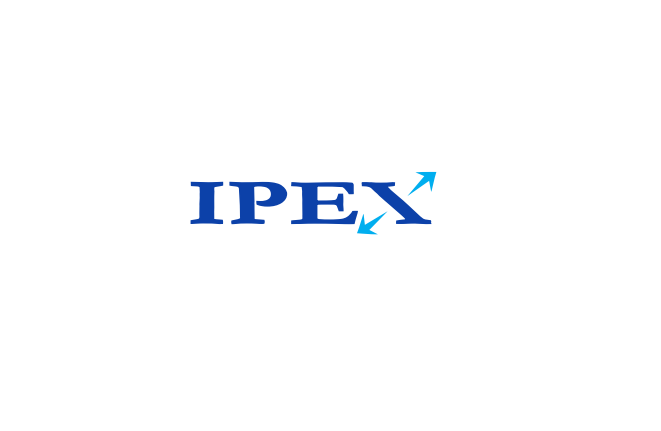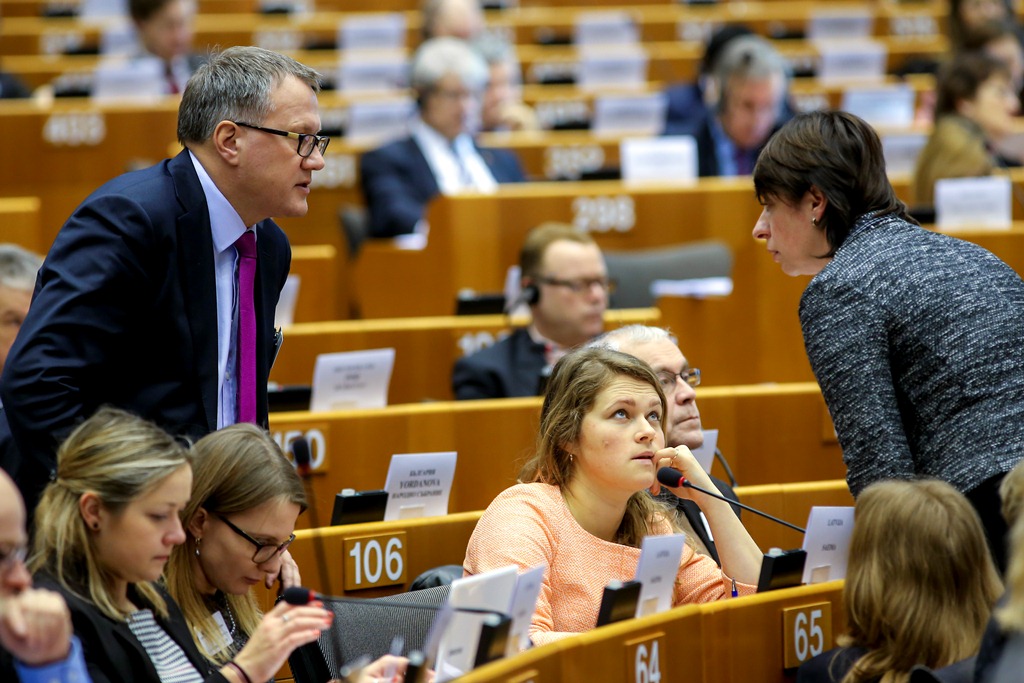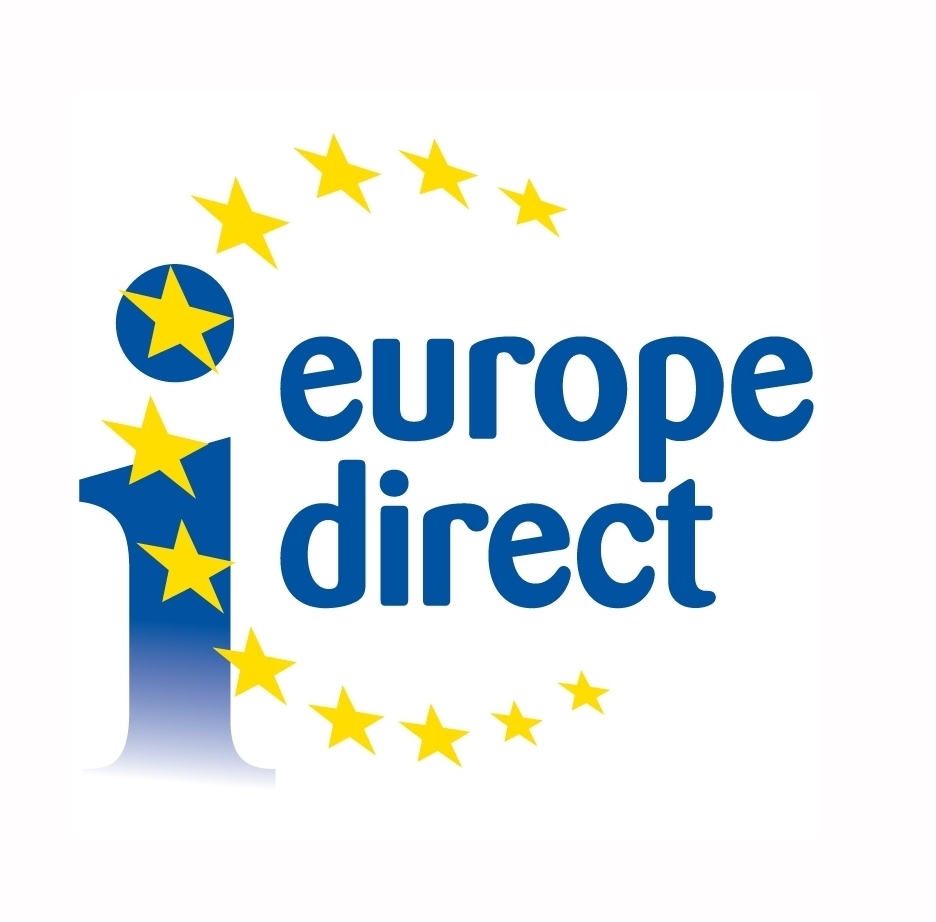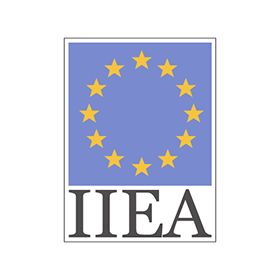From the original European Economic Community of six countries formed in 1958, the European Union (EU) has grown into an economic and political union of 27 countries covering areas as diverse as climate, environment, security and justice.
What makes up the EU?
The EU comprises a number of institutions.
The European Council decides the EU's broad priorities.
The European Parliament is the forum in which directly elected MEPs represent European citizens. National governments appoint members to the European Commission, which promotes the interests of the EU.
Governments defend their own country's national interests in the Council of the European Union.
Hungary currently holds the presidency of the EU and information on priorities and events for the period can be found here.
Europe Day
On 9 May every year EU member states celebrate Europe Day. It's a day of reflection on the cooperation, prosperity and peace that has come about since the 'European project' commenced. The Oireachtas commemorates this day every year, with Oireachtas TV programmes, statements in the Houses and a look back in the Library archives and Oireachtas debates.
Oireachtas National Parliament Office
The Oireachtas National Parliament Office (NPO) in Brussels represents both Houses of the Oireachtas to the European Commission, Council and Parliament and other EU institutions. The main role of the NPO is to report on EU-related issues of particular interest or importance to the work of the Houses of the Oireachtas and its committees. It also supplies targeted, summary information on European legislation and other matters. A key function of the NPO is to report on any subsidiarity issues arising under the provisions of the Lisbon Treaty.
Read the NPO's weekly bulletin to find out what is on the agenda for the European institutions.
Contact details
Representative of the Houses of the Oireachtas to the EU Institutions
Brian Prunty
+32 (0)2 2842038
+353 (0)85 8057824
Oireachtas National Parliament Office
European Parliament
MTY 03R026
Rue Montoyer 70
1000 Brussels
Belgium
Committee on European Union Affairs
The Oireachtas Joint Committee on European Union Affairs plays a key role in informing debate on the EU in Ireland. It considers important EU developments and initiatives affecting Ireland and ensures EU legislation and proposals are properly scrutinised. It also holds the Government to account in Ireland’s relations with Europe.
Ireland and the EU: timeline of key events
Ireland joined the European Economic Community (EEC) in 1973, after a referendum in which 83% of voters supported the move. Joining the EEC, now the European Union, had a radical impact on Ireland’s development, both economic and social.
COSAC
COSAC is a Conference of the committees of the national Parliaments of the European Union Member States dealing with the European Union affairs as well as representatives of the European Parliament. COSAC meetings usually take place in the capital of the country holding the Presidency of the Council of the European Union.
IPEX
The InterParliamentary EU information eXchange is a platform for the mutual exchange of information between the national parliaments and the European Parliament concerning issues related to the European Union, especially in light of the provisions of the Treaty of Lisbon.
European Parliament Information Office in Ireland
The European Parliament has an information office in every member state. The Irish office provides information on the European Parliament and the issues it is considering which are of significance for Ireland. It also provides information on the Irish Members of the European Parliament and their activities.
Europe Direct
The European Commission has a network of accessible, local information centres in every member state. The Europe Direct centres in Ireland distribute information and advice about the European Union’s policies. They promote local and regional debate about the European Union and give the public the opportunity to send feedback to the EU institutions.
Institute of International and European Affairs
The Institute of International and European Affairs (IIEA) is an independent think tank on European and international affairs. It provides members with analysis and forecasts of the challenges on the global and EU policy agendas which impact on Ireland. It also provides a forum for corporate networking.
